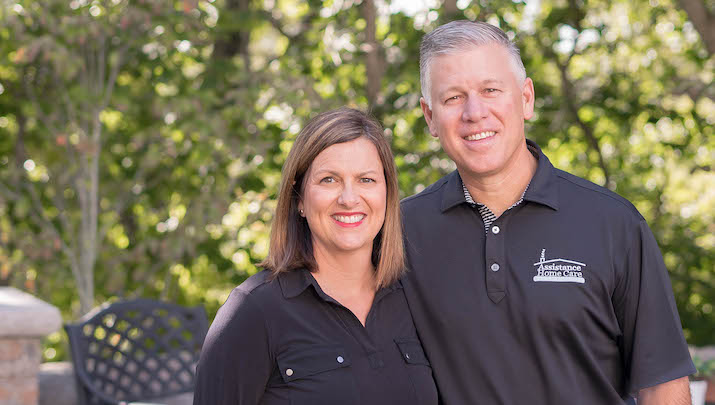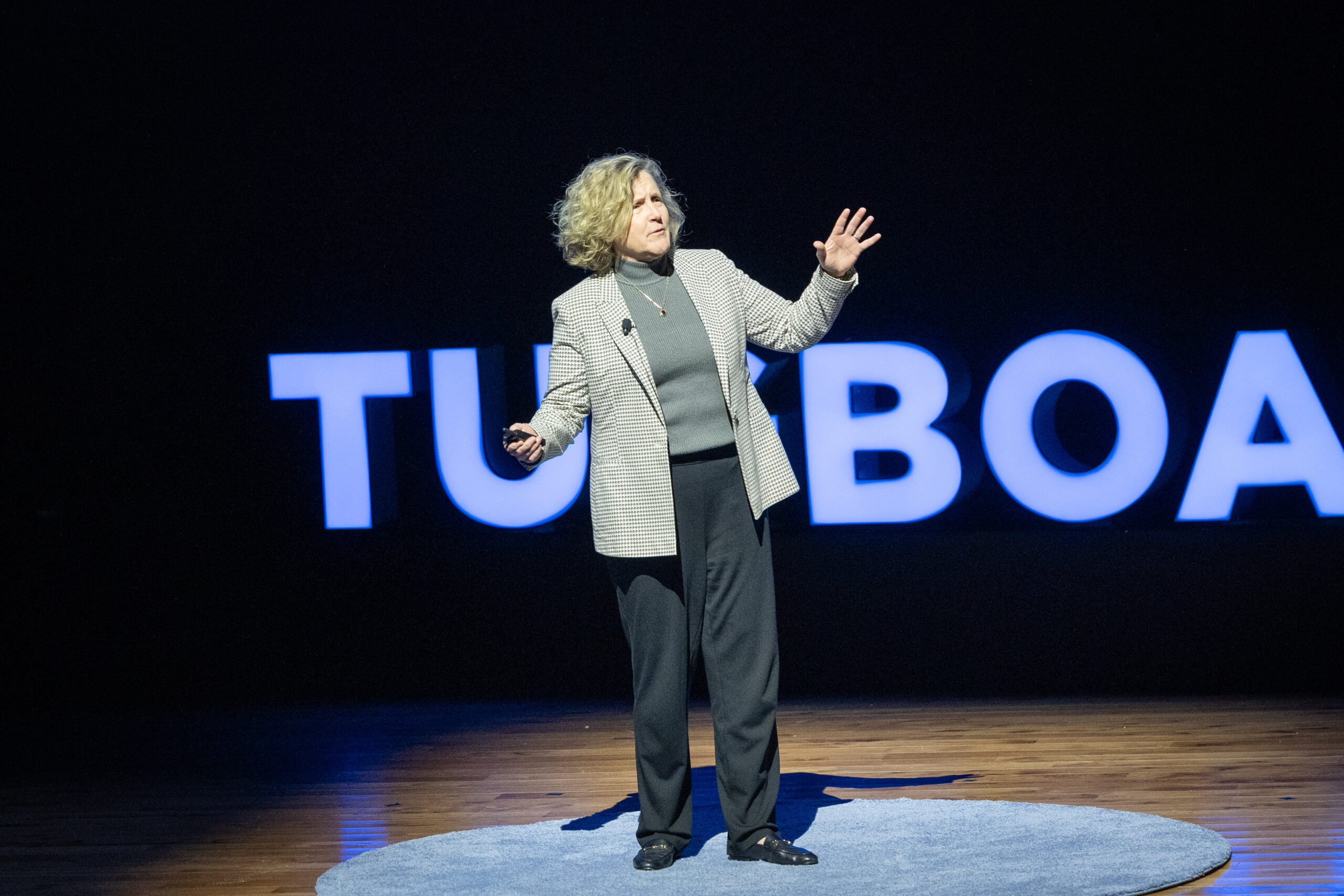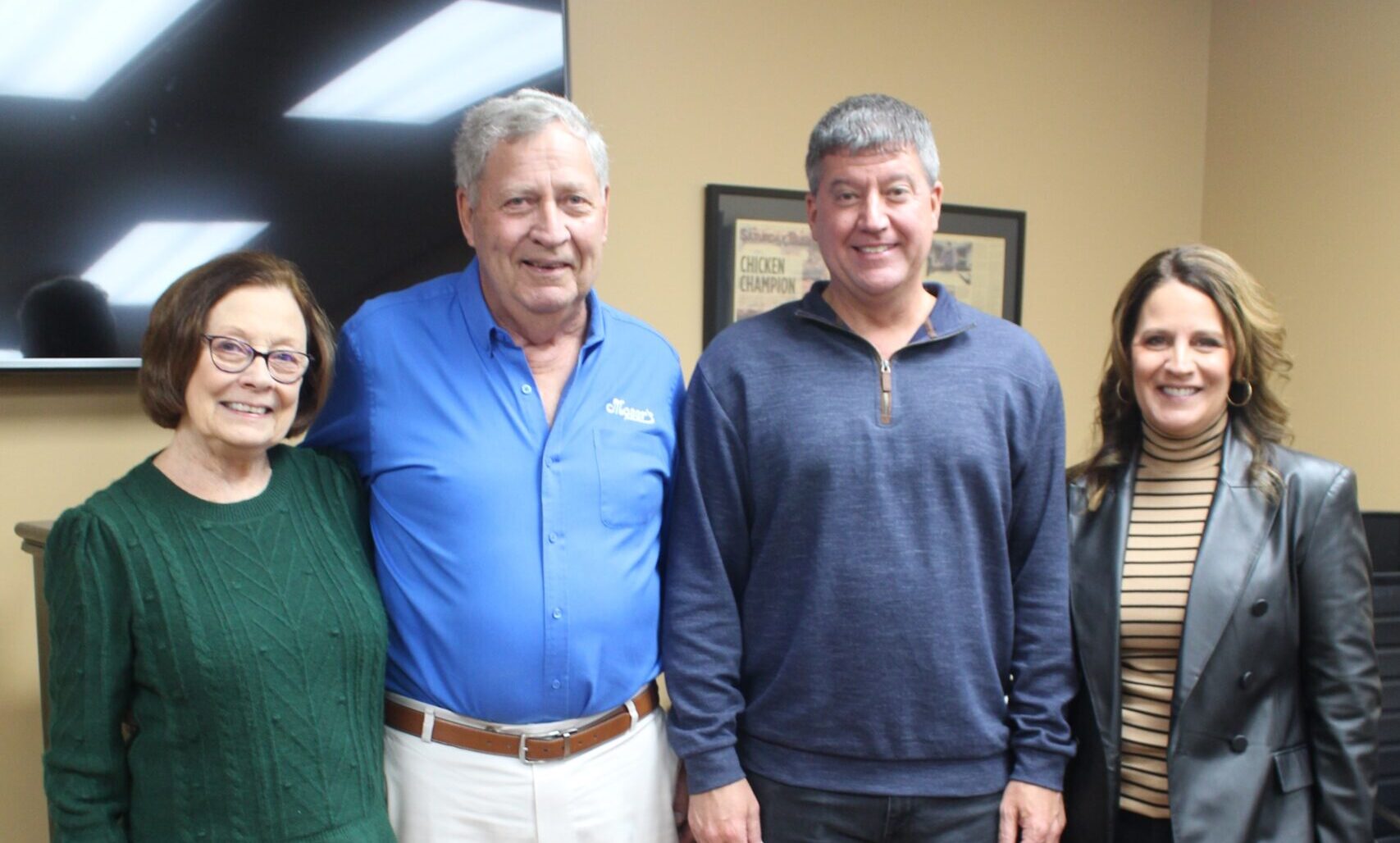

Redefining Home Care with the Enterprise Model
- Allen Serfas
- Assistance Home Care
I founded our Evergreen® company, Assistance Home Care, to provide families comfort in what for many is a very vulnerable time. Opening your door to home health care professionals and trusting strangers to step into your home and provide assistance can be difficult, but it’s an essential service for those who require in-home care.
My wife, Sally, was her mom’s caregiver for five years while raising our three small children, and we saw how vital in-home care was for my mother-in-law. My father-in-law, who was in his eighties at the time, would have struggled to care for his wife without Sally’s help. As a very proud and private man, it also would have been very difficult for him to open his door to a stranger to provide the assistance he needed.
Having observed the reality of caregiving within our family, I was intrigued by the idea of creating a home care company that could offer someone like my father-in-law the assistance he needed with a level of comfort and trust that would allow him to open the door and receive help.
Beyond that family insight and my entrepreneurial drive to provide a solution for what I recognized as a significant challenge facing many families, I came to the home care industry with no prior experience. My prior twenty-year career was with Enterprise Holdings, moving up the ranks of the company to lead the truck rental division at corporate headquarters in St. Louis. So, while my experience in home health care was limited, I had learned valuable lessons in operating and leading in a purpose-driven Evergreen company. Key among those learnings was the essential philosophy upon which Jack Taylor founded Enterprise: “Take care of your customers and your employees first, and the profits will follow.”
It was with that simple, powerful foundation that I set about building Assistance Home Care. As I developed the business plan for the company, I recognized that there was an opportunity for Pragmatic Innovation in the industry that would help us serve customers and employees better. As we have grown our business, we have implemented several significant innovations that differentiate us and, I believe, have led to our success. These pillars of our company structure and values all reflect lessons and practices learned in my years at Enterprise.
Neighborhood Branch Locations
Most of our competitors in St. Louis have one location, from which they service the entire St. Louis area. We currently have four locations, with two more slated to open in the next six months, which will provide six locations in St. Louis, which is unheard of in the area.
Our branch structure reflects the Enterprise model, which was developed with the theory that if any one location got too busy, it would no longer provide the highest level of service. When one of our branches reaches this level, a new location is opened 15-30 minutes away, ensuring the high standard of customer care and, importantly, providing new leadership opportunities for employees to go out and grow great local relationships and serve more customers. Employees know that their hard work and their success allows for continued growth and that they benefit from their ability to grow the bottom line in this way.
My decision to develop branch locations allows us to serve as a community resource. Our customers and our referral partners view us as neighbors and recognize that we understand their unique community. It means a lot to a customer if their caregiver is local to their neighborhood—they feel a greater sense of comfort and familiarity, which improves their experience.
To respond to this preference, we recruit locally, and our branch structure serves as a billboard. We’re able to leverage the signage on our multiple locations, so potential employees and potential customers see our name every single day. That strategy allows us to remain top-of-mind, which is key because home care is something you don’t generally think about until there’s an event that makes it necessary. When that happens, we want people to have us in mind.
The branch structure also allows us to support another key learning from my Enterprise years: If you don’t have happy employees, you’ll never have happy customers. The branch structure is a key factor in our ability to serve our employees. Recruiting locally means that our employees generally work within their own neighborhoods, so their commute time (and related stress and expenses) is limited and they are able to spend more time with their families.
Customer Experience First
We find that we spend time re-framing priorities for many of our Care Professionals (Care Pros as we call them) when they join our team. The reality is that many of our caregivers have previous experience in a nursing home environment or even a hospital environment, where they’re serving anywhere from eight to 20 residents at one time. In this environment, they have been taught to accomplish set tasks on a set schedule, with the patient’s individual needs and preferences second. They’re programmed to walk in that room, complete the task, and move on to the next patient.
We do things much differently. Our Care Pros are trained to put the client’s needs and preferences first. It’s not about sticking to a schedule for the sake of checking a box on a task sheet. We’re caring for human beings in their own homes, and they should feel comfortable and autonomous to the greatest extent possible, within the boundaries of safety, of course.
Our commitment to putting customers first serves as the gating factor in our Paced Growth strategy. We will only grow as fast as we can develop a qualified, expert care team to serve customers to our standards. We’re not interested in growing for growth’s sake. Our motivation to expand is to be able to provide additional hours of quality service because when we do that, we are serving people who need assistance and giving those hours back to the families who need that support.
A Clear Career Path for Employees
The Enterprise model of employee training and development offers a clear path to promotion and leadership. As I developed our business model, I integrated this approach. Each of our branches essentially has a manager, an assistant manager, and a management trainee. Management trainees are generally required to have a college degree and meet a variety of criteria that ensure they come to us with the skills and values we need on the team—and perhaps most important—a commitment to serve others. We also offer our Care Pros the opportunity to step into management through our Care Coordination Team, which places them in a leadership role managing other Care Pros, coordinating schedules, and managing relationships with our clients. We believe that committing to offer our employees this clear path for advancement helps us recruit the best talent and ensures we are always growing and learning as an organization.
Family Earns their Place
In my years working at Enterprise, I traveled frequently on behalf of the company, and I often found myself returning home to St. Louis on the final flight of the day, landing around 11 p.m. I still remember walking through the quiet airport late at night and seeing Chrissy Taylor, granddaughter of the company’s founder, sitting at the Enterprise rental counter in the airport, covering the late-night shift. Chrissy now serves as President and Chief Operating Officer of Enterprise Holdings, but she was not handed that position—she earned every promotion and reached up through the ranks from a humble beginning.
I have three children. My oldest graduated from college last year with a degree in health science. She interned in the office when she was in college, and when she graduated, she joined our company as a management trainee and has since been promoted to assistant manager. My older son, a senior in college, has also interned with us. I’m happy to have my children serve our company if that’s their choice. But they know that if they want to be successful in our company, they will have to work twice as hard as anybody else and demonstrate to the entire team that they’re worthy of any advancement opportunities that become available.
As I look to the future, I am excited for the opportunity to continue to grow our company and serve more families. As I do, I continue to be grateful for my years at Enterprise. Enterprise always says that they will teach you how to run your own successful business, and, in my case, they did just that. I don’t think there’s a question that our company would not be as successful as we are, had I not learned so many key lessons from my time at Enterprise. Most important, still, that simple premise that if you take great care of your customers and your employees, the bottom line will take care of itself. That remains at the core of what I do every day.
Allen Serfas is President of Assistance Home Care.
More Articles and Videos

Both/And Thinking: Harnessing the Positive Potential of Tensions
- Marianne Lewis
- Carl L. Linder College of Business, University of Cincinnati

Leading Through Uncertainty – Tugboat Institute® Summit 2025
- Jackie Hawkins
- Tugboat Institute

Get Evergreen insight and wisdom delivered to your inbox every week
By signing up, you understand and agree that we will store, process and manage your personal information according to our Privacy Policy




